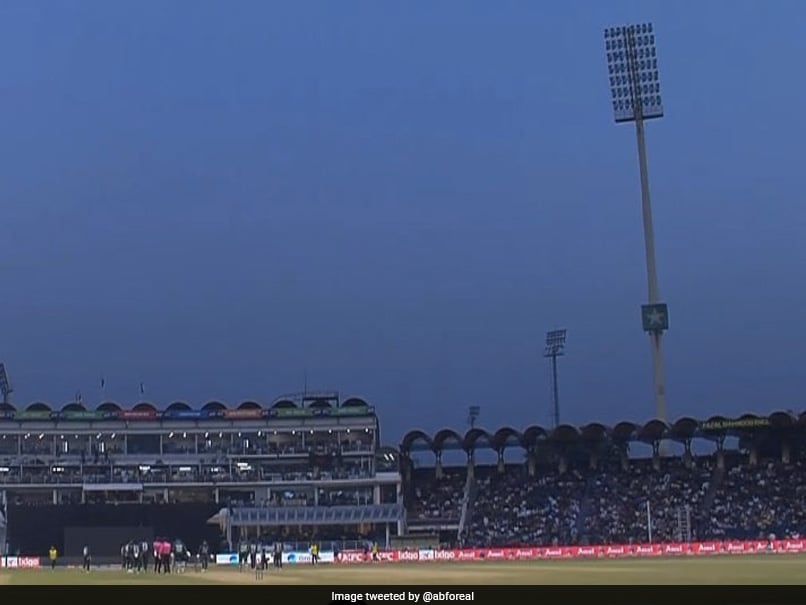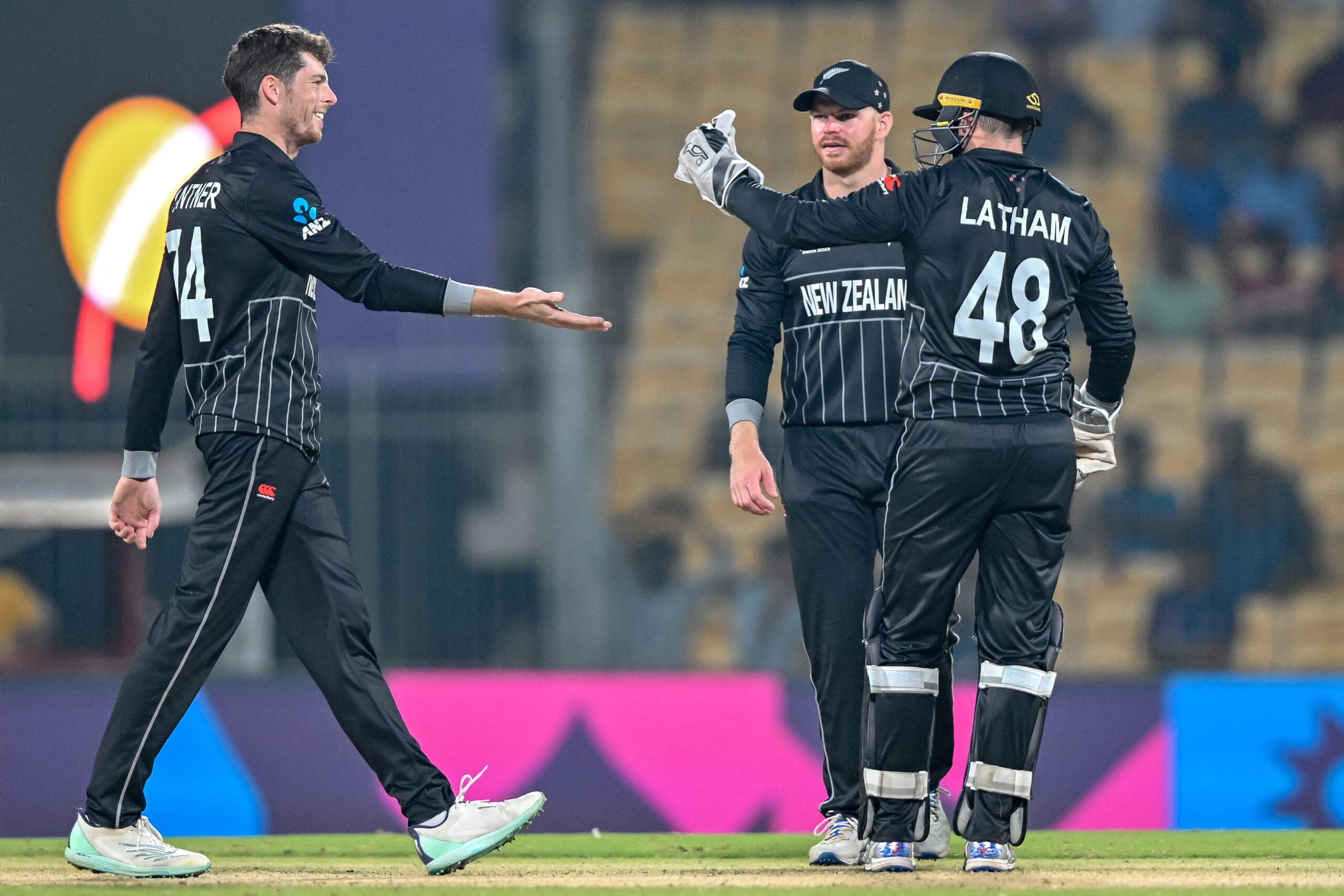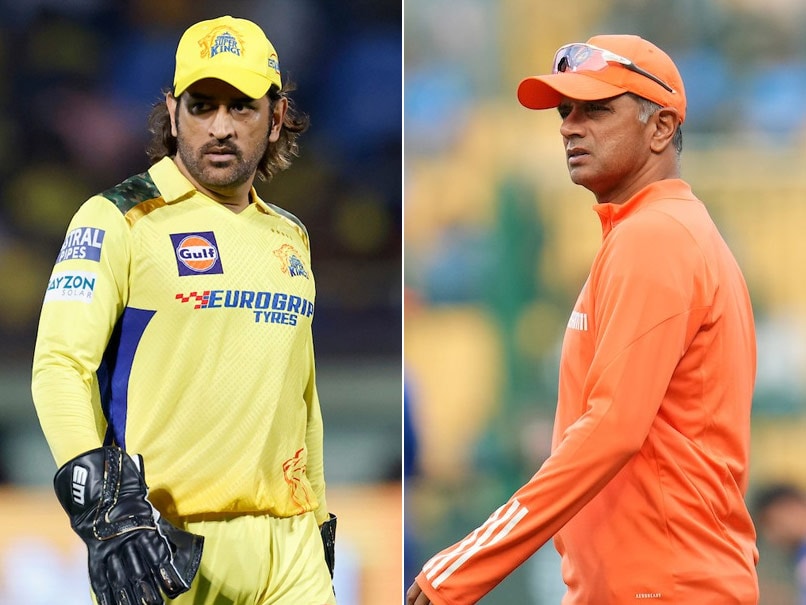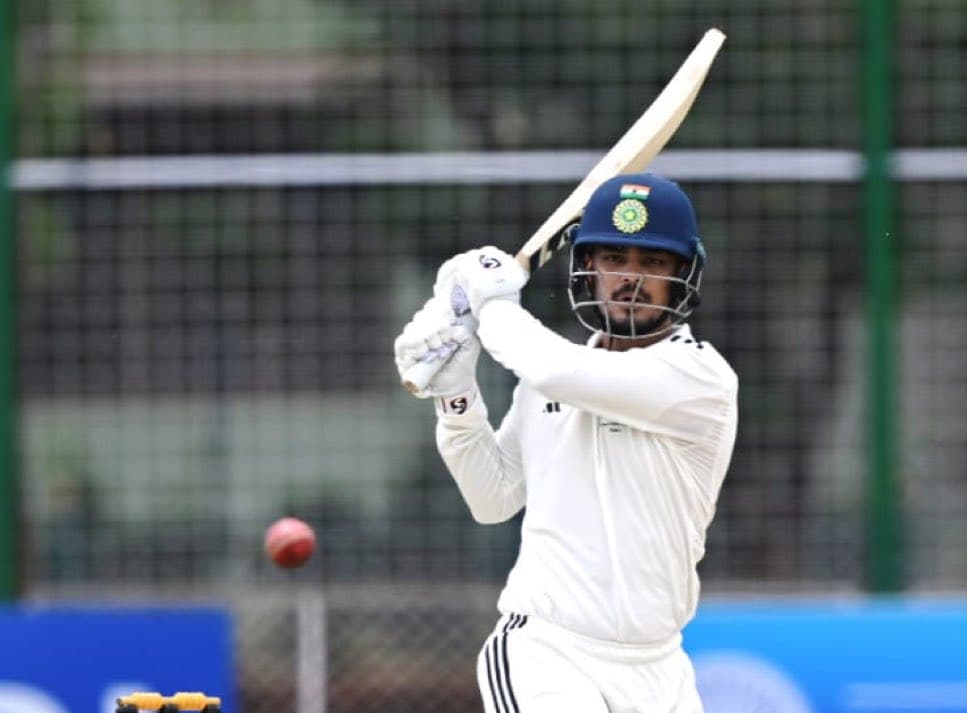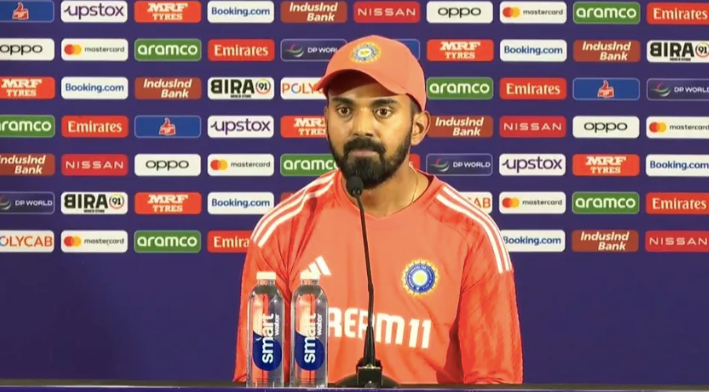Ahead of an international series in Australia, their players traditionally target the opposition verbally.
Nathan Lyon once said before the Ashes that they were looking to end some England careers. He and others have called the opposition “scared’’ and worse. Ahead of the 2014 tour, Virat Kohli was called a “spoilt brat.” Four years later, Ricky Ponting said that Kohli gets rattled when you get under his skin, suggesting that’s what Australia should do.
Which is why Pat Cummins’s statement that Australia have a 50-50 chance of winning the five-Test series in Australia beginning in November is interesting from a team that usually places their own chances at 100-0. Equally interesting is that India, who played ‘English’ cricket for long, now lean towards the Australian way of “hard but fair.”
Triumph of pragmatism
This cultural change has been evolving for a while. From a team that laid great stress on looking attractive, India have transitioned to one prepared to win looking “ugly.” It is the triumph of pragmatism over romanticism.
When England introduced cricket to India, they also brought along the peculiar habit of glorifying failure — something we were made aware of through our schooldays. Tennyson’s Charge of the Light Brigade — about a disastrous episode in the Crimean War (Into The Valley of Death /Rode the Six Hundred) was required reading (and reciting). Then there was the lesson on Robert Scott, who arrived at the South Pole only to realise the race to be the first had been won by Roald Amundsen a month earlier. Scott is patron-saint of the also rans.
He and his men were killed on the return trip partly because they had loaded their sledges with such must-have South Pole accessories as Russian and Polish novels, five volumes of a study of the Napoleonic wars and 35 pounds of rocks containing Paleozoic fossil leaves. Charming, but impractical.
The notion of romantic failure seeped into cricket. Vinoo Mankad’s 72 and 184 and five wickets at Lord’s caused the Test to be named after him, but England won by eight wickets. Subhash Gupte took nine wickets in an innings against the West Indies, but India lost the Test by 203 runs. Pataudi’s 148 at Leeds and innings of 75 and 85 at Melbourne in the same year were heroic efforts, but India lost both these Tests.
Change of attitude
It is difficult to pinpoint when the Indian attitude began to change. Perhaps it was at Headingley in 2002 when skipper Sourav Ganguly decided to bat first on winning the toss in bowler-friendly conditions. Most Indian captains would have fielded. India ran up a 600-plus score and won. Or perhaps the turning point had come in Kolkata the previous year when India won after following-on against Australia.
The idea of winning as against the idea of playing well and leaving the result to a higher power certainly took root, if it hadn’t earlier, when Virat Kohli led in his first Test in Australia in 2014. When India began the final day’s play in Adelaide, they needed 364 to win in 98 overs. The Old India would have been happy with a draw, but “at no point was I thinking of a draw,” said Kohli. When he fell for 141, his second century of the match, India needed just 60 with four wickets in hand and just under 17 overs to go. They lost that series 0-2, but a template had been set, a mindset established. India haven’t lost a series to Australia since then.
Team before self
More significantly, Kohli said, “I wasn’t thinking about milestones. I was only trying to calculate whom I can go after, when to accelerate. The milestone was out of the question, and that’s one thing I am pleased about: that I have been able to do that in Test cricket at last. That was something new for me, and that felt good.” The captain had showed the importance of placing the team above the individual, something new in Indian cricket.
With Bangladesh on our shores for a two-Test engagement, Australia might not be on top of everybody’s mind. But this is not about specific series, but a general attitude that India have evolved that should stand them in good stead wherever and whomever they play.
Published – September 18, 2024 12:30 am IST










